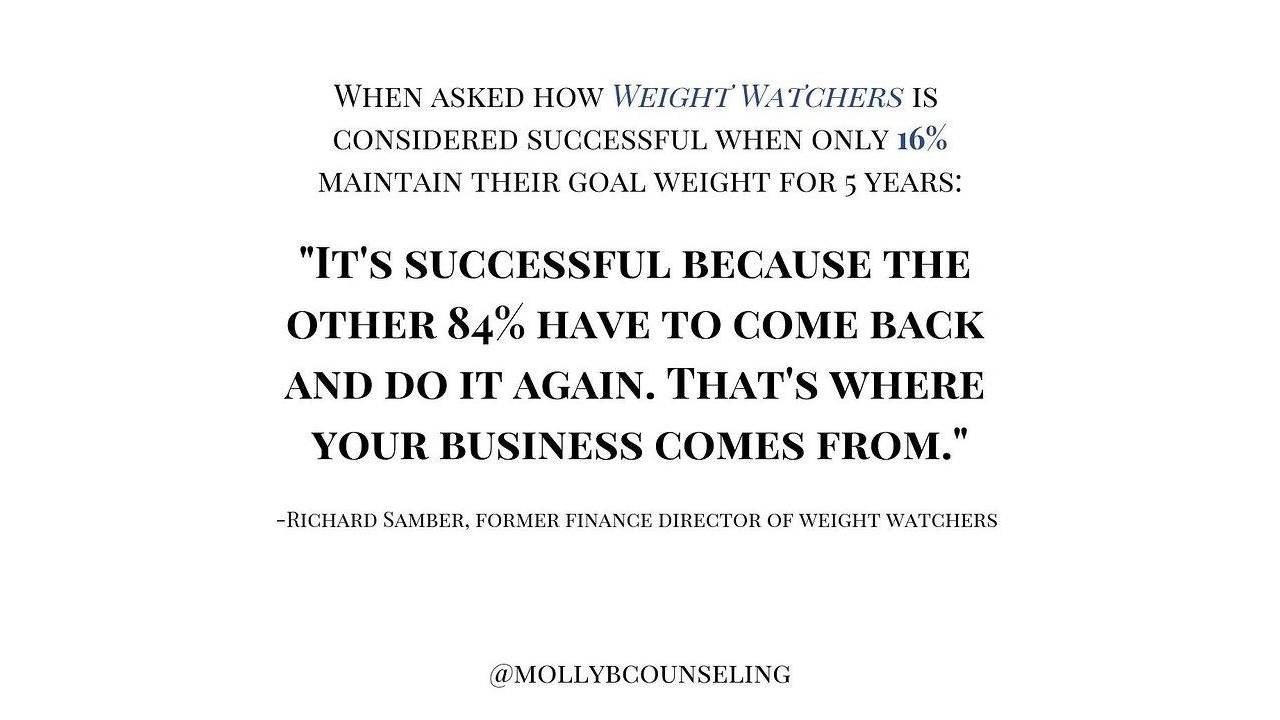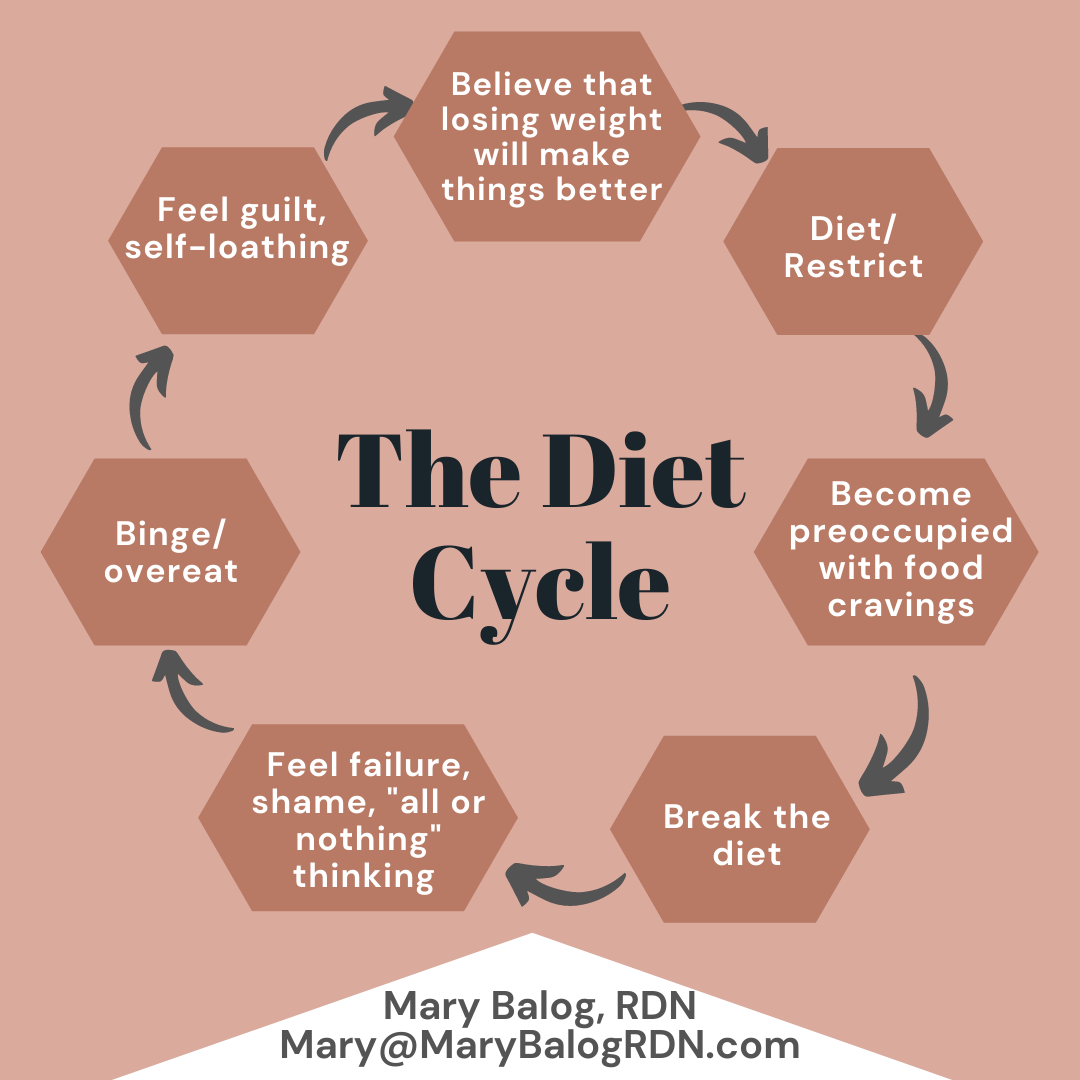Goldilocks Training- How Much is “Just Right” for Your Young Athlete
I get a lot of calls from busy parents looking to squeeze strength training into their son or daughter’s already packed schedule. This is a good thing because as we know, strength training helps to build bone density, tendon strength, and muscle strength and coordination, which all add up to a safer, stronger athlete. Here are some general guidelines to follow when deciding how much strength training your son or daughter needs each week.
1 day per week
: When it comes to young athletes, SOME strength training is better than NO strength training.  There are several studies that reveal the benefits of working out in a well-designed strength training program once per week. One workout each week is good for those just learning to lift, and young athletes around 10-12 years old because it helps their brains handle different demands and become more efficient in athletic movements. In a long term athlete development model, kids in this age group are in the Learn to Train stage of development. This means the focus at this point is to go through full ranges of motion and teach them appropriate form and technique. They should learn what each movement “feels like”, and how they can perform them properly. In this stage of development, there are a lot of connections being made in the brain, and strength training once per week can “pre-wire” the brain so when young athletes move on to more strenuous training and athletic schedules, their bodies are ready to handle that level and continue adapting and making improvements. So if your young athlete is in that age range, there is value to finding a quality strength training program that would allow them to gain some strength and a lot of experience in those movements.
There are several studies that reveal the benefits of working out in a well-designed strength training program once per week. One workout each week is good for those just learning to lift, and young athletes around 10-12 years old because it helps their brains handle different demands and become more efficient in athletic movements. In a long term athlete development model, kids in this age group are in the Learn to Train stage of development. This means the focus at this point is to go through full ranges of motion and teach them appropriate form and technique. They should learn what each movement “feels like”, and how they can perform them properly. In this stage of development, there are a lot of connections being made in the brain, and strength training once per week can “pre-wire” the brain so when young athletes move on to more strenuous training and athletic schedules, their bodies are ready to handle that level and continue adapting and making improvements. So if your young athlete is in that age range, there is value to finding a quality strength training program that would allow them to gain some strength and a lot of experience in those movements.
2 days per week : If training once a week is good, training twice a week is great, especially for athletes between the ages of 11-15. With twice as many workouts (when compared to training once per week), a young athlete will get twice the stimulus, and ingrain strong movement patterns even more. More stress applied to athletic patterns causes the body to overcompensate to prepare itself for greater demands down the road. This means improving brain-muscle connections and muscle tissue strength. As an added benefit, since training days are closer together, muscle soreness after workouts is actually reduced (once you get past the first couple workouts, that is).
Two workouts a week is also ideal for high school and college athletes who are in-season. In fact, when we work with high school teams during their season, we see improvements with a 30 minute workout, twice per week. It seems to strike that balance between stress and recovery. Get them in, work them hard, then send them home. That stress/recovery cycle is important for strength gain and overall performance. Yes, that’s right. Recovery is important too.
 3 days per week
: So, if 2 times a week is great, then 3 times a week must be even greater, right? Sorry, it’s not that simple. The only time we have athletes lifting 3 times a week is when they are either older/more experienced athlete who needs more stimulus, or when athletes are in the off-season and have dedicated the time to strength gain. Remember, that stress/recover cycle is important, and in season involves too many stressors (practice, competition, school?) to warrant 3 strength training sessions. So if strength gain is the focus of a 3-month time period, and the young athlete is in the off-season, then 3 strength workouts a week can be a good thing. Many of our hockey players will lift Monday, Tuesday, Thursday in the summer, their (sort of) off-season.
3 days per week
: So, if 2 times a week is great, then 3 times a week must be even greater, right? Sorry, it’s not that simple. The only time we have athletes lifting 3 times a week is when they are either older/more experienced athlete who needs more stimulus, or when athletes are in the off-season and have dedicated the time to strength gain. Remember, that stress/recover cycle is important, and in season involves too many stressors (practice, competition, school?) to warrant 3 strength training sessions. So if strength gain is the focus of a 3-month time period, and the young athlete is in the off-season, then 3 strength workouts a week can be a good thing. Many of our hockey players will lift Monday, Tuesday, Thursday in the summer, their (sort of) off-season.
These days, “off-season” is a relative term since it seems like every sport takes up 10 months of the calendar. So to clarify when 3 days per week of training is most effective, I’m talking about the time when the competitive season is over, and practices are the lightest. That’s when the athletes can give their effort and energy to gaining strength that will make them perform better on the ice.
4 days per week : This is the ultimate off-season schedule for dedicated hockey players ages 17 and above. At this point, players know they will be moving on to the next level, or will at least have a shot at it. Until this point, the summers should be spent doing some strength training, and also improving athleticism by playing other sports like tennis, racquetball, and soccer. 4 training days each week is a heavy load and can have excellent results when done in the off-season.
Hopefully this helps you determine how much strength training should be a part of your young athlete’s development. Two times a week seems to be the sweet spot, which is why we offer year-round Performance Strength Programs to bring proven, high quality, athletic strength training to young athletes ages 13-18. Now that we are nearing the off-season, we also offer 3- and 4 day/week options for those who are looking to get the most dramatic results.
Was what you read interesting? Maybe even helpful? Join our Insider’s list and we will keep our best stuff coming right to your inbox.
Join Our List



Advantage Personal Training is an Ann Arbor based Family Oriented Gym, focusing on the training needs of individuals, small groups and youth athletes. Meet with a results-oriented personal trainer and put yourself on the path to a more active life!
SERVICES
CONTACT INFORMATION
Hours of Operation
Mon to Fri: 6:00 AM - 8:30 PM
Sat: 8:30 AM - 12:30 PM
Sun: CLOSED
All Rights Reserved | Advantage Personal Training

